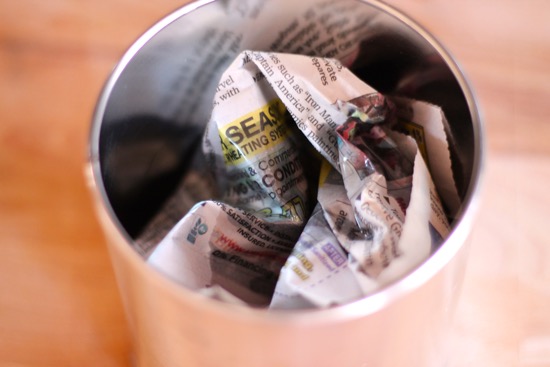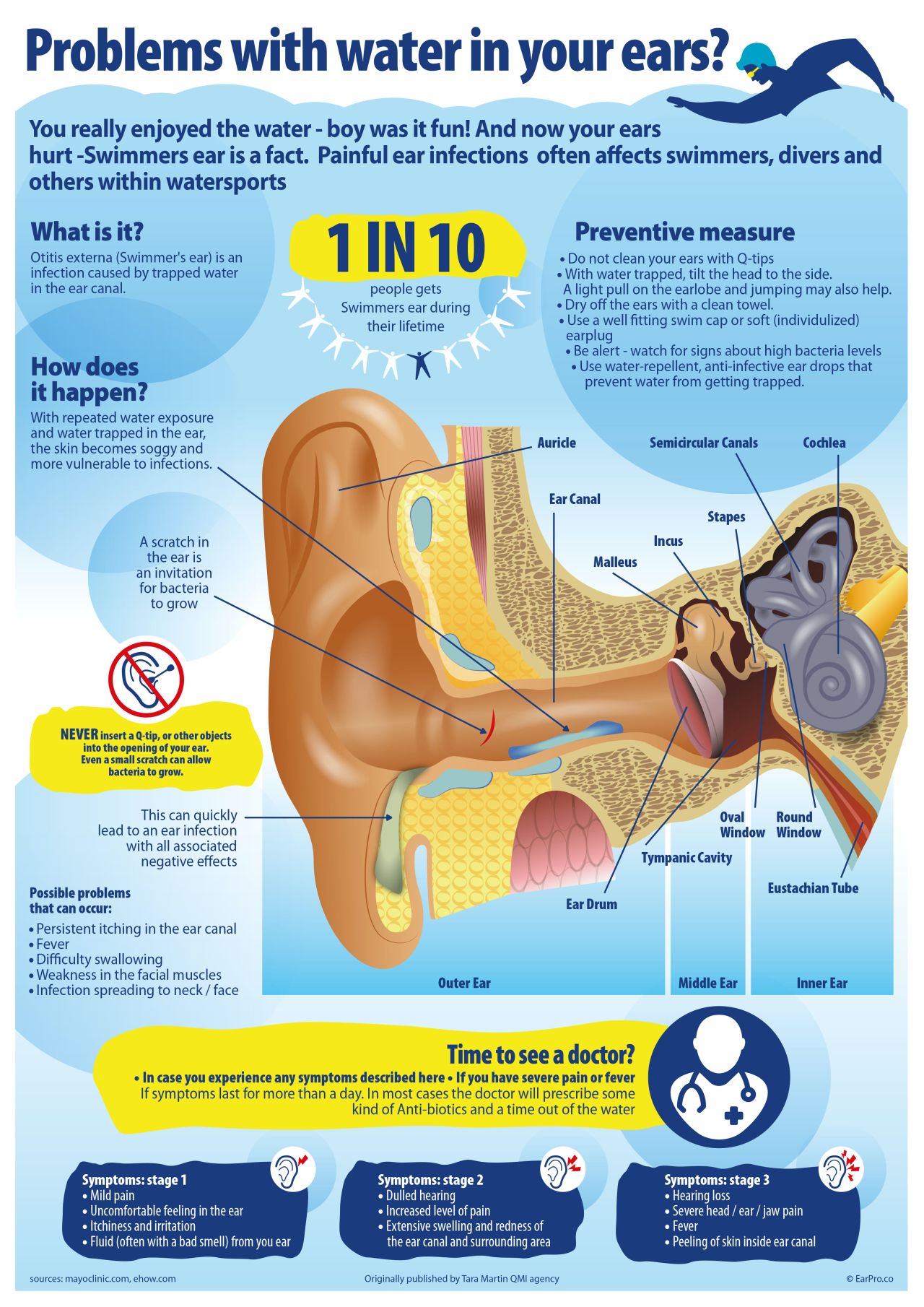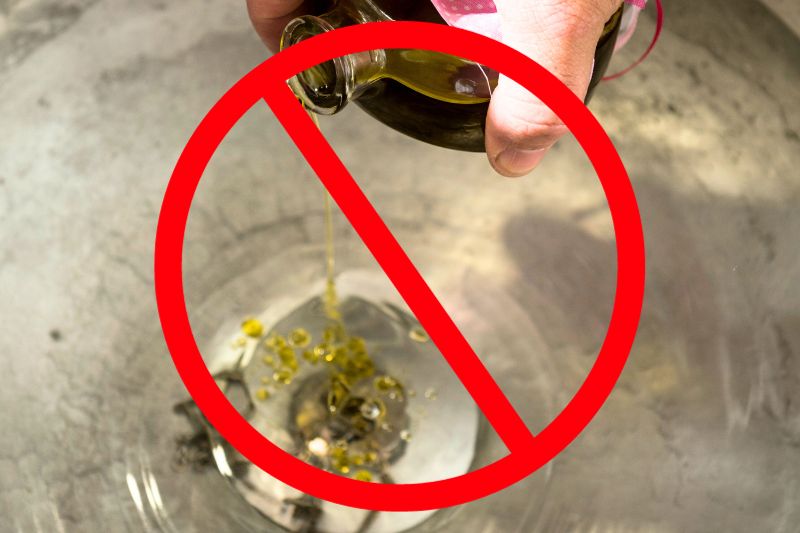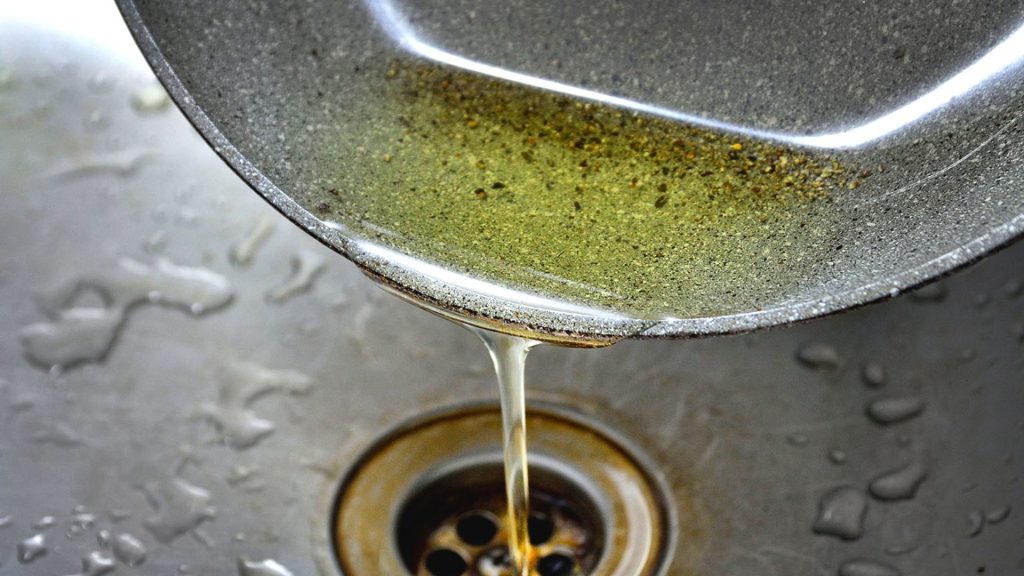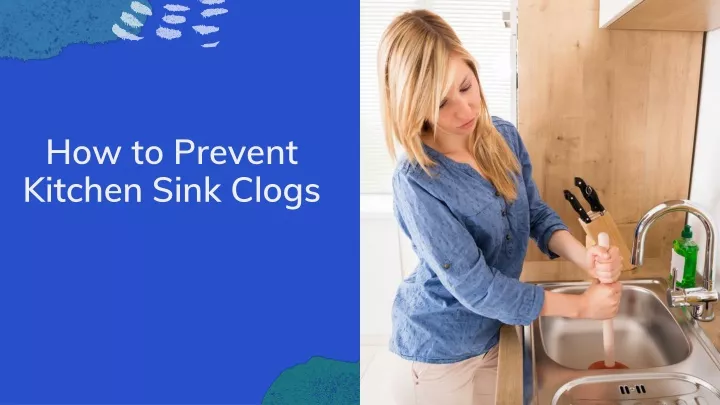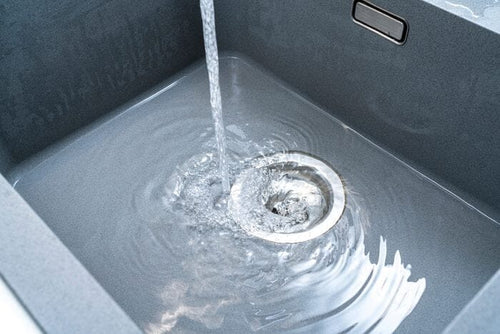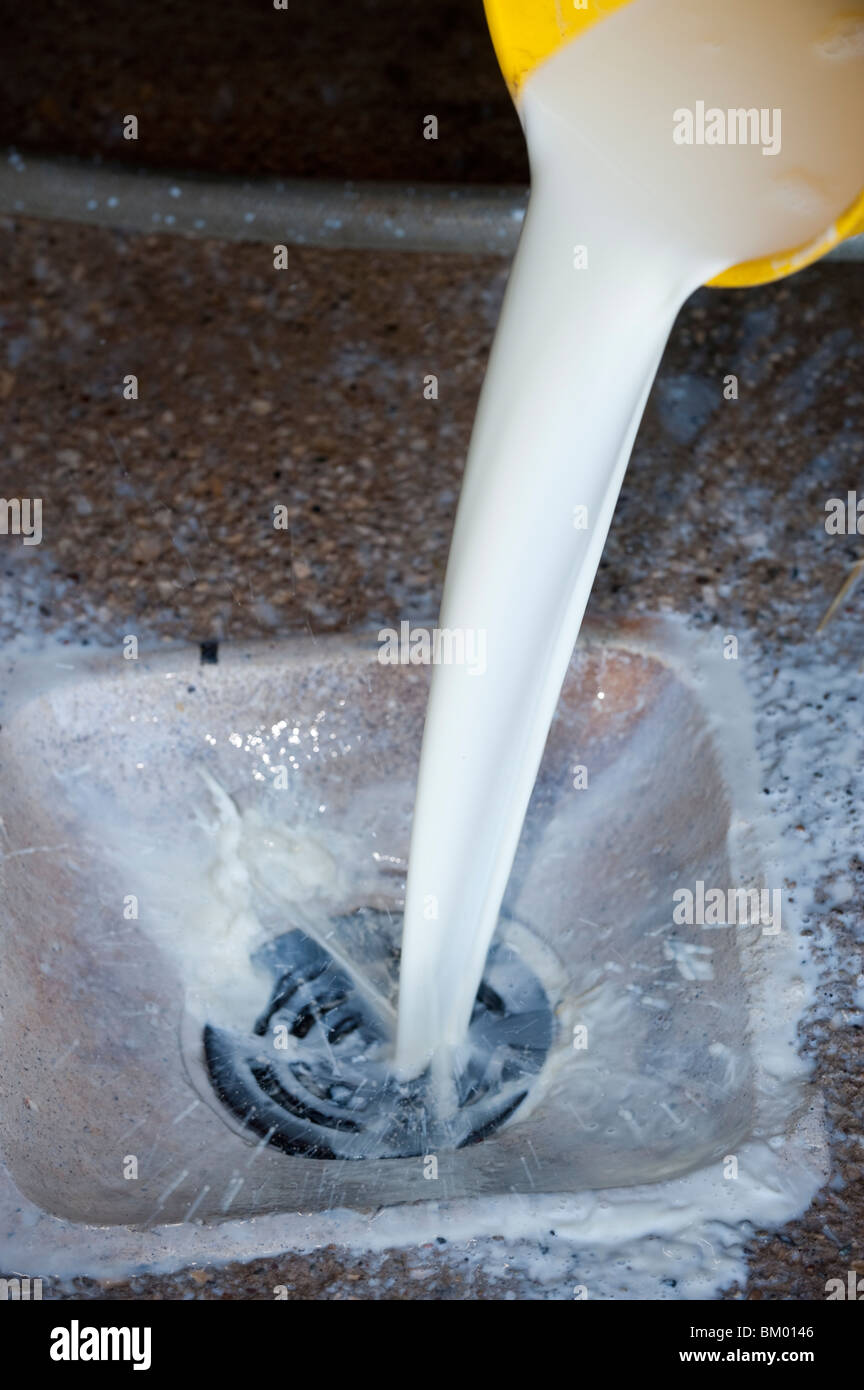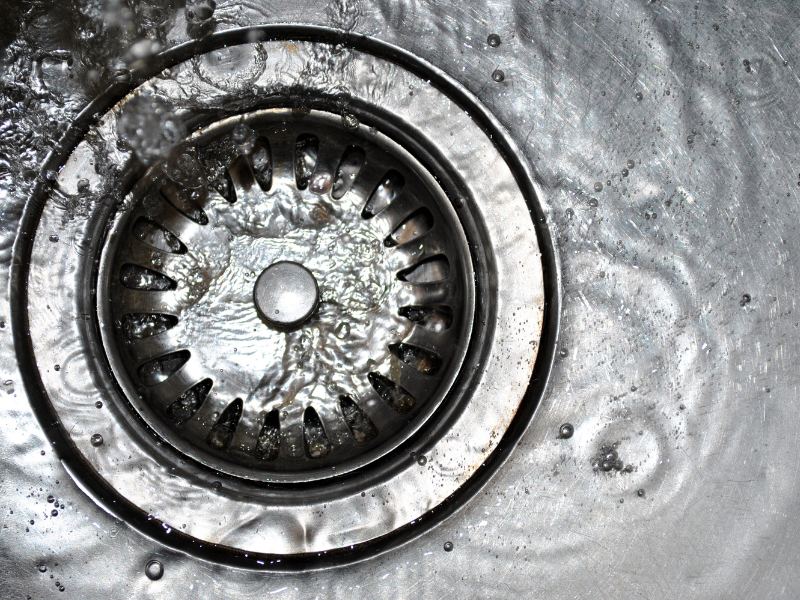Pouring oil down the kitchen sink may seem like a quick and easy way to dispose of cooking oil, but it can actually cause serious damage to your pipes and the environment. Not only can it clog your drains, but it can also create costly plumbing problems that require professional assistance to fix. When oil is poured down the drain, it can solidify and stick to the walls of your pipes, trapping other debris and causing a blockage. This can lead to slow draining or complete clogs, forcing you to call a plumber. But even worse, pouring oil down the drain can have a harmful impact on the environment.Why You Should Never Pour Oil Down the Drain
So, what should you do with your used cooking oil instead? The best and most responsible way to dispose of it is to let it cool and then pour it into a container with a lid. Once the oil has solidified, you can throw it in the trash or take it to a recycling center that accepts cooking oil. If you have a lot of cooking oil to dispose of, you can also look into local programs or events that collect used cooking oil for recycling. This not only prevents it from being poured down the drain, but it also ensures that the oil is properly recycled and used for other purposes.How to Dispose of Cooking Oil
When oil is poured down the drain, it can cause a lot of problems for your plumbing system. As mentioned before, it can create clogs and slow draining, but it can also cause damage to your pipes. The oil can stick to the walls of the pipes and eventually harden, leading to restricted water flow and potential cracks or bursts in the pipes. In addition, pouring oil down the drain can also harm your septic system. The solidified oil can accumulate in the septic tank and prevent it from properly treating the wastewater. This can result in backups and overflows, causing even more damage and expensive repairs.What Happens When You Pour Oil Down the Drain
If you're hesitant to pour oil down the sink, there are other options for disposing of it. One simple solution is to reuse the oil for cooking. If you've only used the oil once, it can still be used for frying or sautéing other foods. Just make sure to strain out any food particles before storing it. Another option is to mix the oil with an absorbent material, such as kitty litter or coffee grounds, and then throw it in the trash. This helps to solidify the oil and prevent it from leaking out of the garbage bag. Just be sure to use a container with a lid to prevent any spills.Alternatives to Pouring Oil Down the Sink
If you do end up with a clogged kitchen sink from pouring oil down the drain, there are a few steps you can take to try and clear it yourself before calling a plumber. First, try using a plunger to dislodge the blockage. You can also use a homemade mixture of baking soda and vinegar to dissolve the oil and clear the clog. If these methods don't work and the clog is stubborn, it's best to call a professional plumber. They have the tools and expertise to safely and effectively clear the clog without causing further damage to your pipes.How to Clean a Clogged Kitchen Sink
Aside from the damage it can cause to your plumbing, pouring oil down the sink also has a negative impact on the environment. When oil enters the water supply, it can contaminate and harm aquatic life. It can also contribute to clogs and backups in the city's sewer system, leading to costly clean-up efforts. Additionally, pouring oil down the sink can also contribute to air pollution. When oil is improperly disposed of, it can end up in landfills and release harmful greenhouse gases as it decomposes. By properly disposing of cooking oil, you can help reduce your carbon footprint and protect the environment.The Environmental Impact of Pouring Oil Down the Sink
To summarize, the best way to dispose of cooking oil is to let it cool and solidify, and then either throw it in the trash or take it to a recycling center. It's important to never pour it down the drain, as it can cause damage to your pipes and the environment. And if you do end up with a clogged sink, try some DIY methods first before calling a plumber.How to Properly Dispose of Cooking Oil
If you've accidentally poured oil down the sink, don't panic. There are steps you can take to try and minimize the damage. First, pour hot water down the drain to help liquefy the oil and move it through the pipes. You can also try using a grease-cutting dish soap to break down the oil. If these methods don't work and you notice any signs of a clog, such as slow draining or gurgling noises, it's best to call a plumber right away. The longer you wait, the worse the problem can become and the more expensive the repairs will be.What to Do if You Accidentally Pour Oil Down the Sink
The best way to deal with a clogged kitchen sink is to prevent it from happening in the first place. Here are a few tips to help you avoid clogs and costly plumbing repairs:How to Prevent Clogs in Your Kitchen Sink
Pouring oil down the sink may seem like a harmless act, but it can actually have serious consequences for your plumbing and the environment. By properly disposing of cooking oil, you can prevent clogs, protect your pipes, and help preserve our planet. So next time you're tempted to pour oil down the drain, remember the potential dangers and choose a more responsible method of disposal.The Dangers of Pouring Oil Down the Drain
The Dangers of Pouring Oil Down Your Kitchen Sink

Why You Shouldn't Pour Oil Down Your Sink
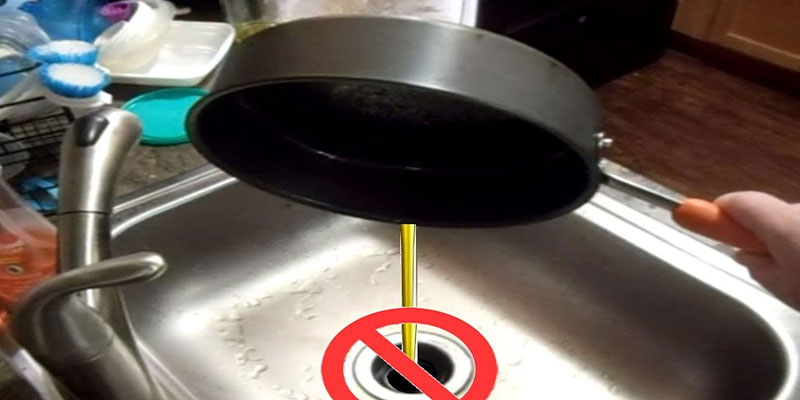 When it comes to disposing of cooking oil, many people opt for the convenience of pouring it down the kitchen sink. However, this seemingly harmless act can actually have serious consequences for your plumbing and the environment. Oil, whether it's from cooking or motor vehicles, can cause major clogs and damage to your pipes. In addition, pouring oil down the sink can contribute to water pollution and harm wildlife. It's important to understand the risks and alternatives when it comes to disposing of oil in your kitchen.
When it comes to disposing of cooking oil, many people opt for the convenience of pouring it down the kitchen sink. However, this seemingly harmless act can actually have serious consequences for your plumbing and the environment. Oil, whether it's from cooking or motor vehicles, can cause major clogs and damage to your pipes. In addition, pouring oil down the sink can contribute to water pollution and harm wildlife. It's important to understand the risks and alternatives when it comes to disposing of oil in your kitchen.
The Risks of Clogged Pipes
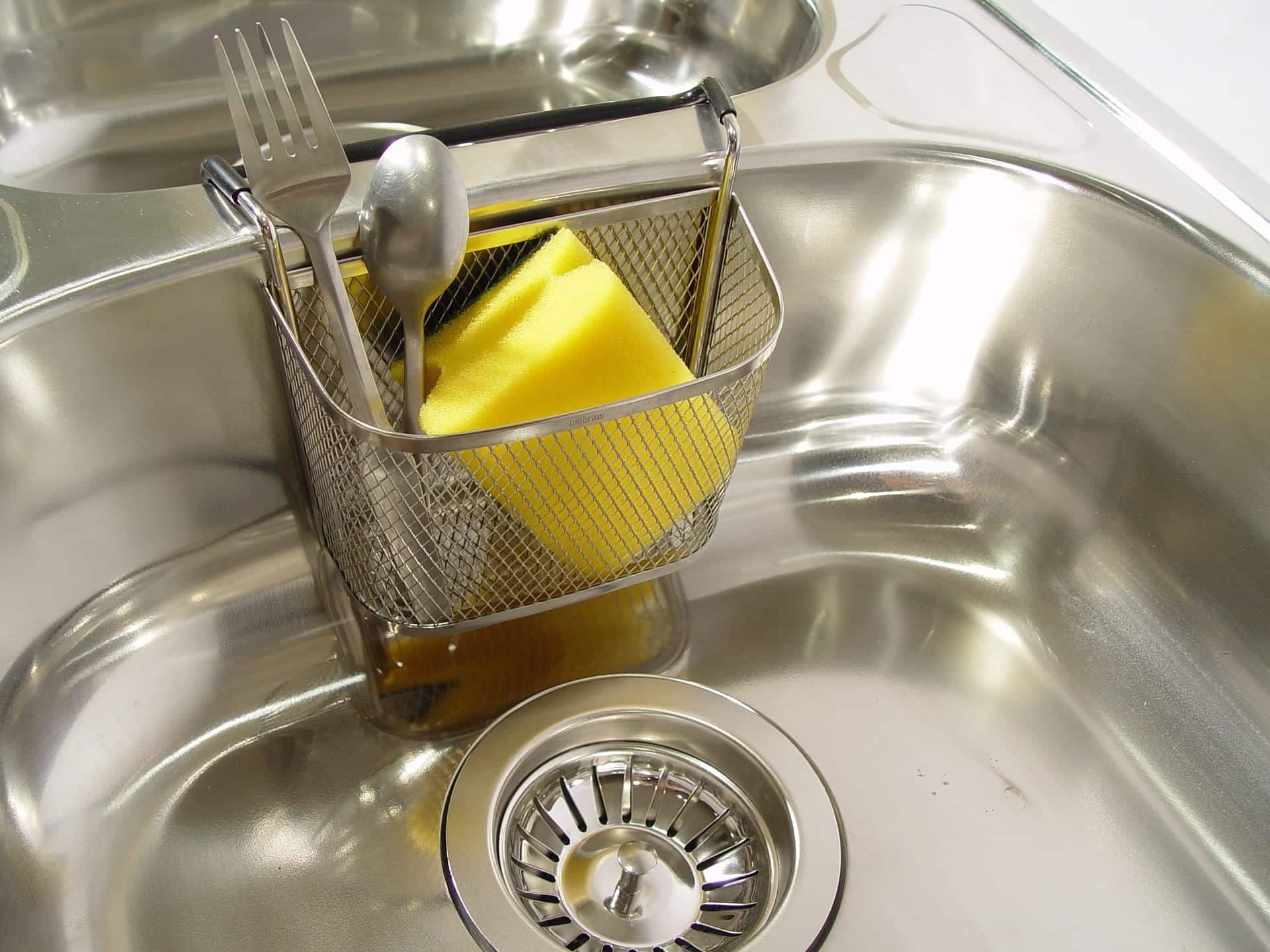 Oil may seem like a liquid, but it can actually solidify and cause major blockages in your plumbing. When oil is poured down the sink, it can coat the inside of your pipes and trap other food particles and debris, creating a thick clog that can be difficult to remove. This can lead to slow draining, backups, and even burst pipes, resulting in costly repairs. In addition, the buildup of oil and grease in your pipes can attract pests and bacteria, causing unpleasant odors and potential health hazards.
Oil may seem like a liquid, but it can actually solidify and cause major blockages in your plumbing. When oil is poured down the sink, it can coat the inside of your pipes and trap other food particles and debris, creating a thick clog that can be difficult to remove. This can lead to slow draining, backups, and even burst pipes, resulting in costly repairs. In addition, the buildup of oil and grease in your pipes can attract pests and bacteria, causing unpleasant odors and potential health hazards.
The Environmental Impact
 Aside from the risks to your plumbing, pouring oil down the sink can have a damaging effect on the environment. When oil enters the sewer system, it can cause problems for water treatment facilities and potentially lead to sewage overflows. In addition, oil can make its way into our lakes, rivers, and oceans, harming aquatic life and polluting our water sources. It's important to remember that what goes down your kitchen sink ultimately ends up in our environment.
Aside from the risks to your plumbing, pouring oil down the sink can have a damaging effect on the environment. When oil enters the sewer system, it can cause problems for water treatment facilities and potentially lead to sewage overflows. In addition, oil can make its way into our lakes, rivers, and oceans, harming aquatic life and polluting our water sources. It's important to remember that what goes down your kitchen sink ultimately ends up in our environment.
What You Can Do Instead
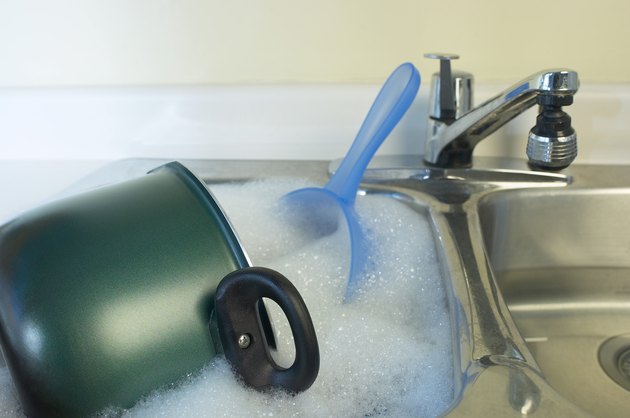 So, what should you do with your used cooking oil? The best option is to let it cool and solidify, then scrape it into a container and dispose of it in the trash. You can also reuse cooking oil by straining out any food particles and storing it in a sealed container in the fridge. Another eco-friendly option is to recycle your used oil at a local collection center, where it can be repurposed for things like biofuel and soap.
In conclusion,
pouring oil down your kitchen sink may seem like a quick and easy solution, but it can have serious consequences for your plumbing and the environment. By properly disposing of oil, you can avoid costly repairs and do your part in protecting our water sources. So next time you're cooking, remember to think twice before pouring that oil down the sink.
So, what should you do with your used cooking oil? The best option is to let it cool and solidify, then scrape it into a container and dispose of it in the trash. You can also reuse cooking oil by straining out any food particles and storing it in a sealed container in the fridge. Another eco-friendly option is to recycle your used oil at a local collection center, where it can be repurposed for things like biofuel and soap.
In conclusion,
pouring oil down your kitchen sink may seem like a quick and easy solution, but it can have serious consequences for your plumbing and the environment. By properly disposing of oil, you can avoid costly repairs and do your part in protecting our water sources. So next time you're cooking, remember to think twice before pouring that oil down the sink.
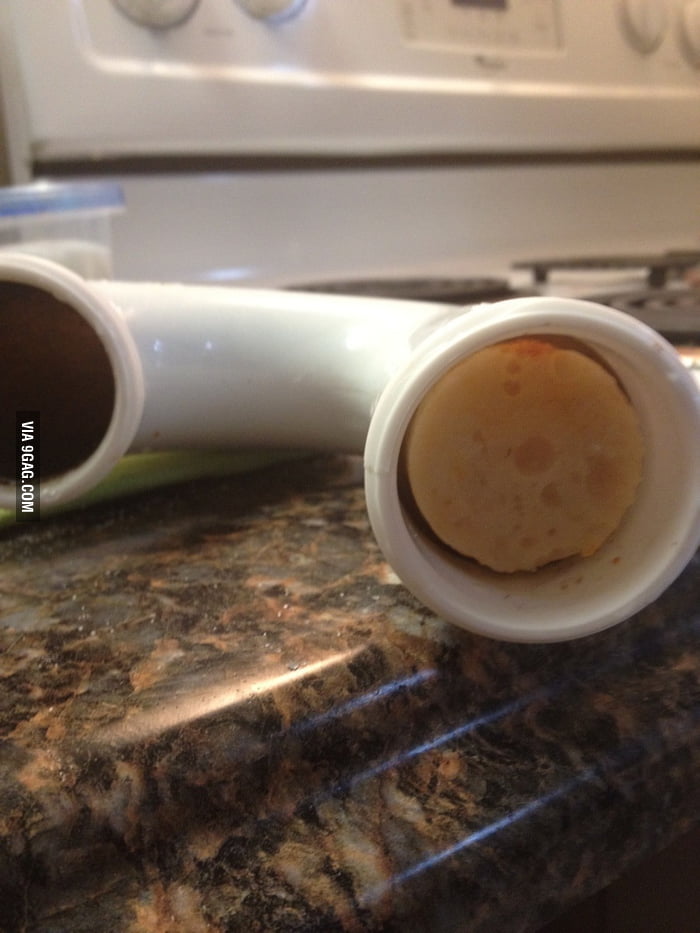




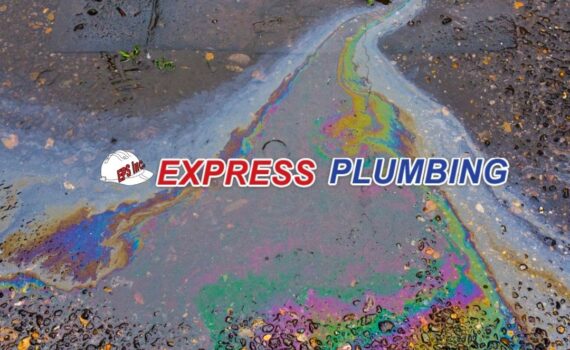
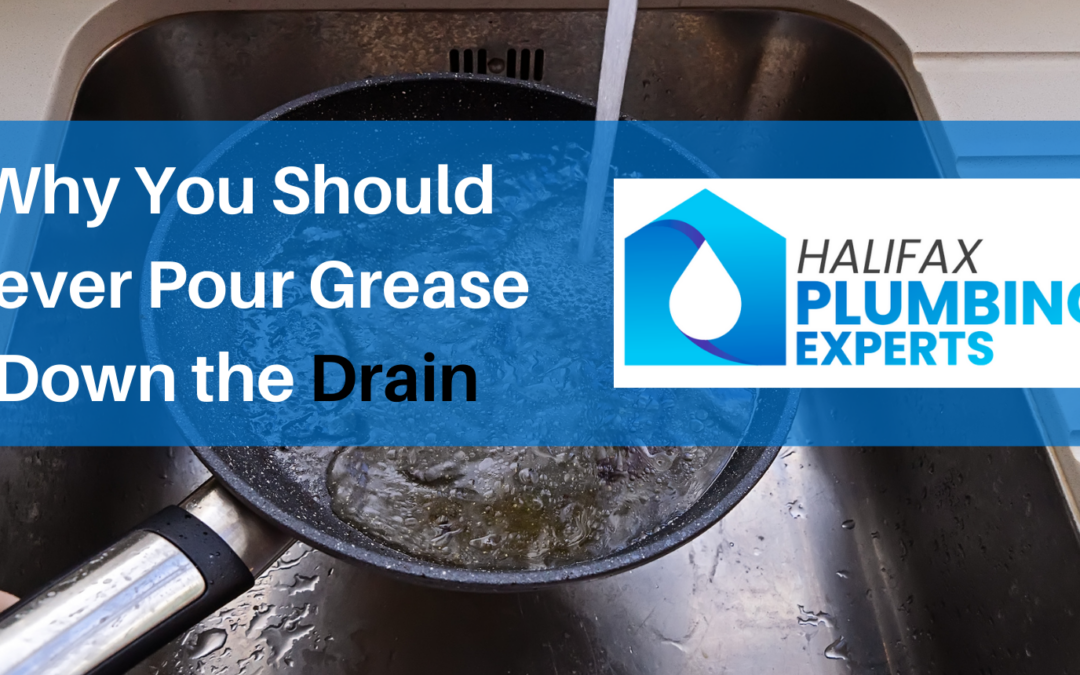
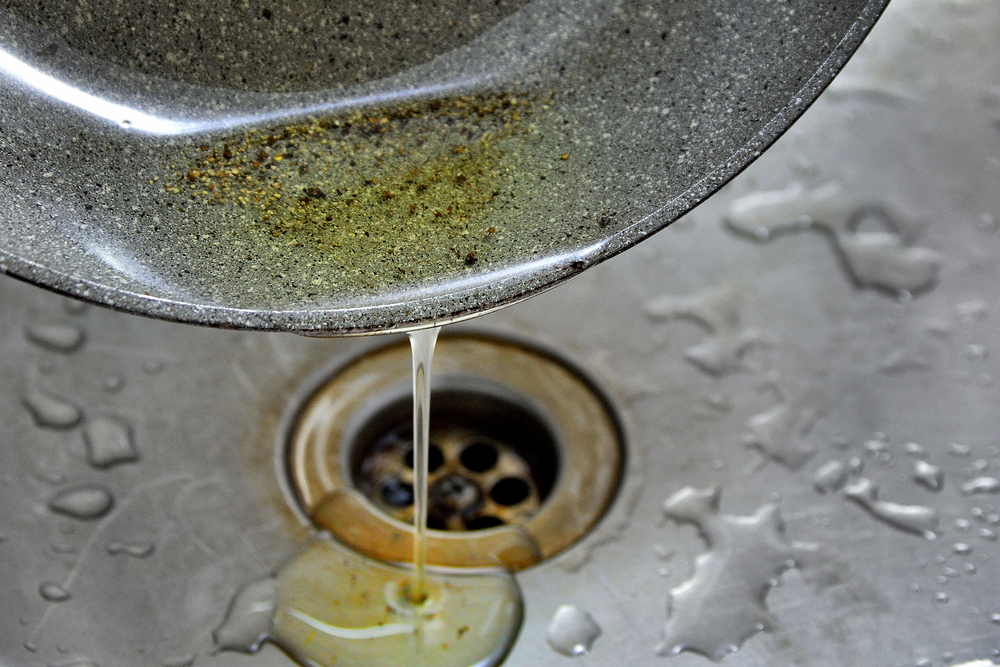


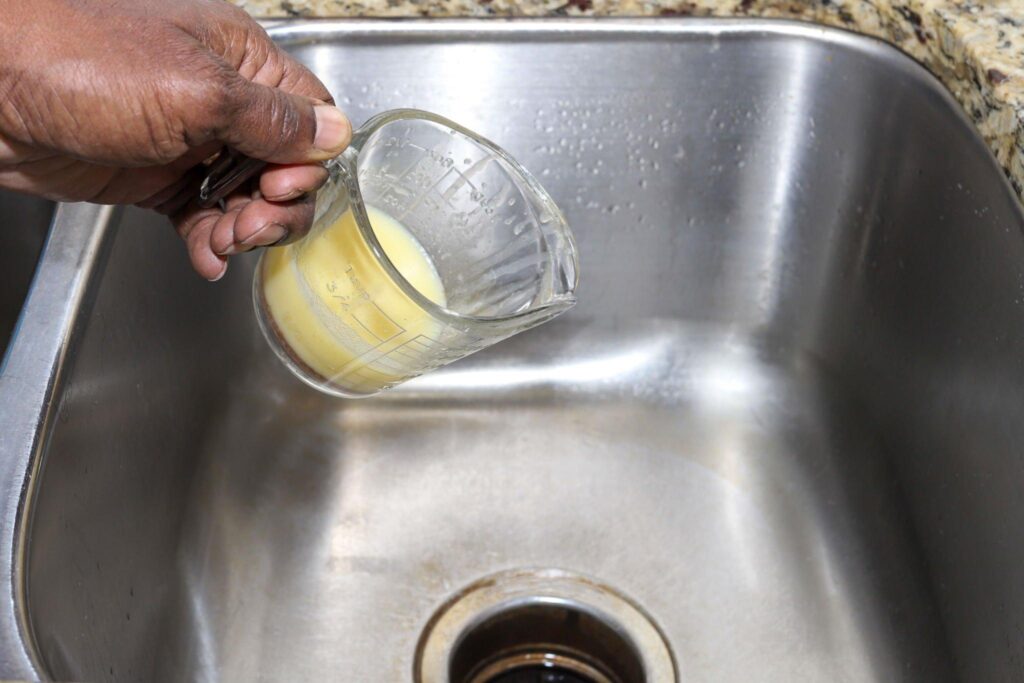
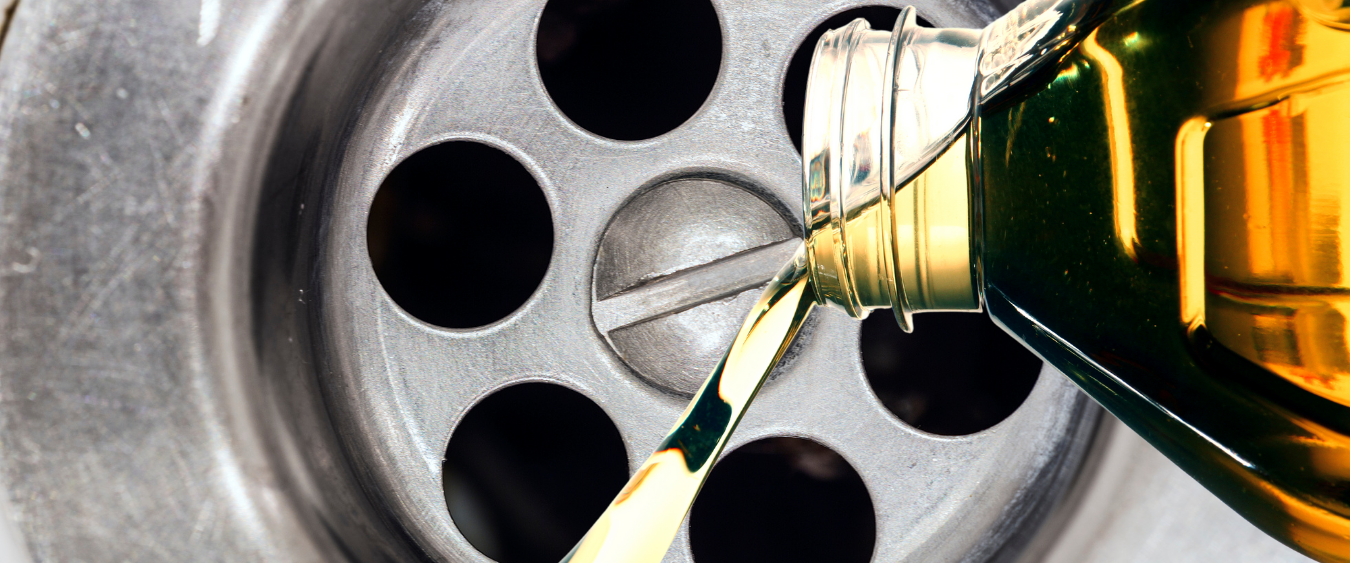


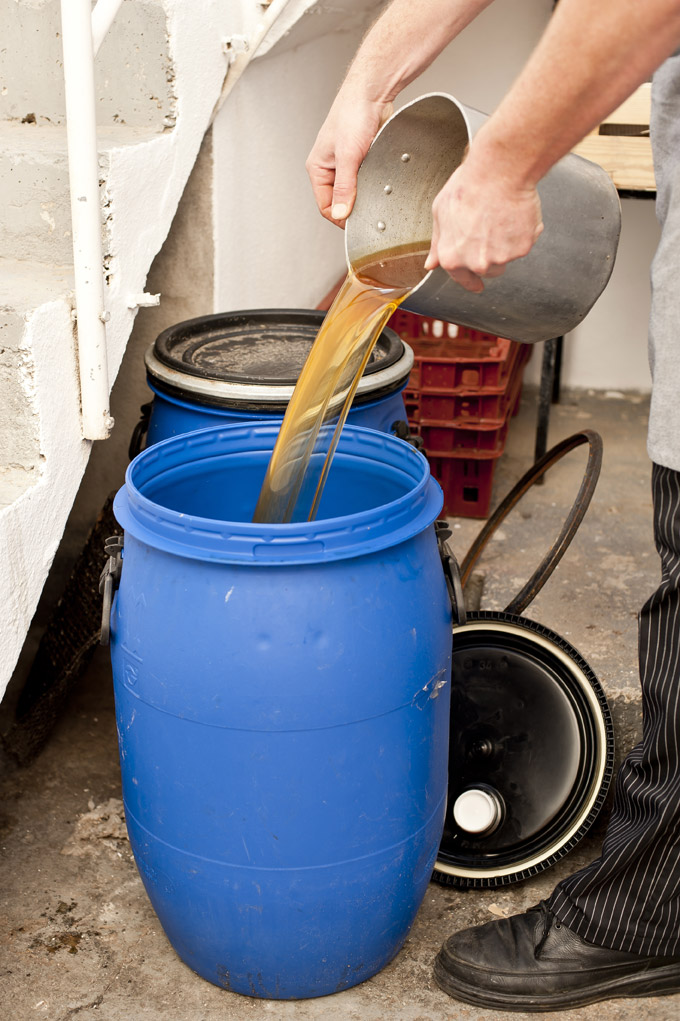

:max_bytes(150000):strip_icc()/how-do-i-dispose-of-used-cooking-oil-908995_FINAL-5b43902cc9e77c003736f7bc.png)
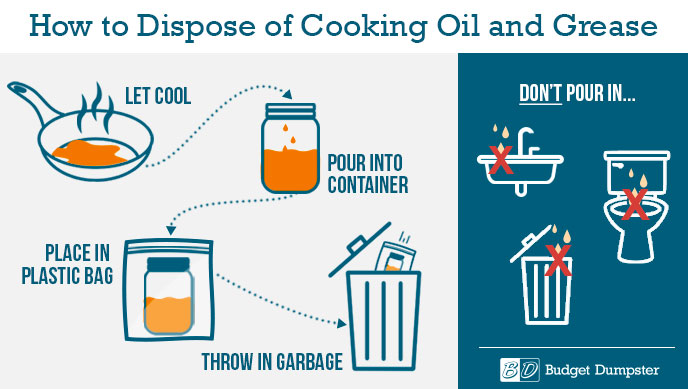



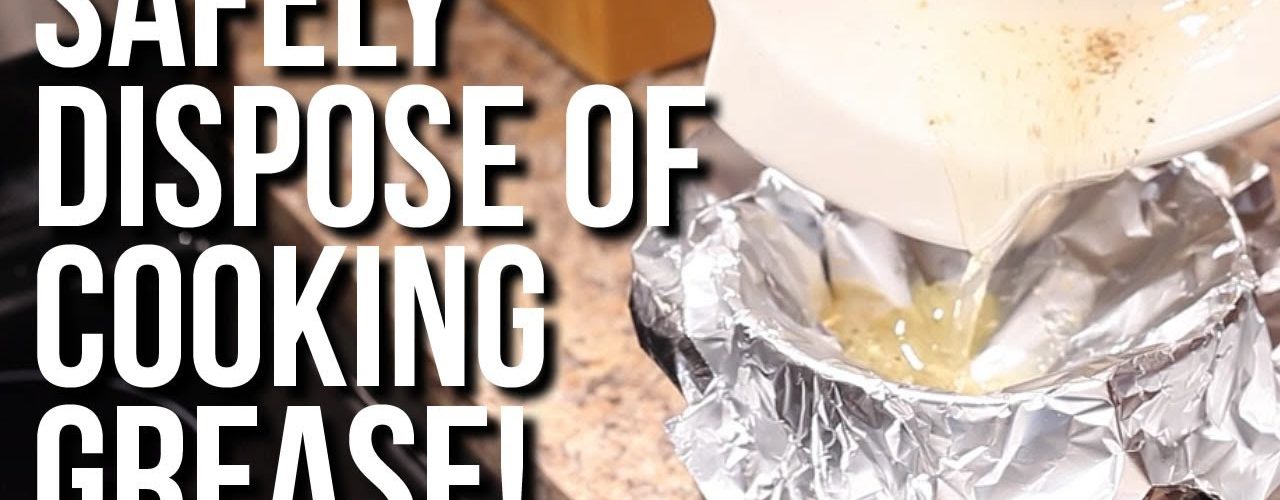






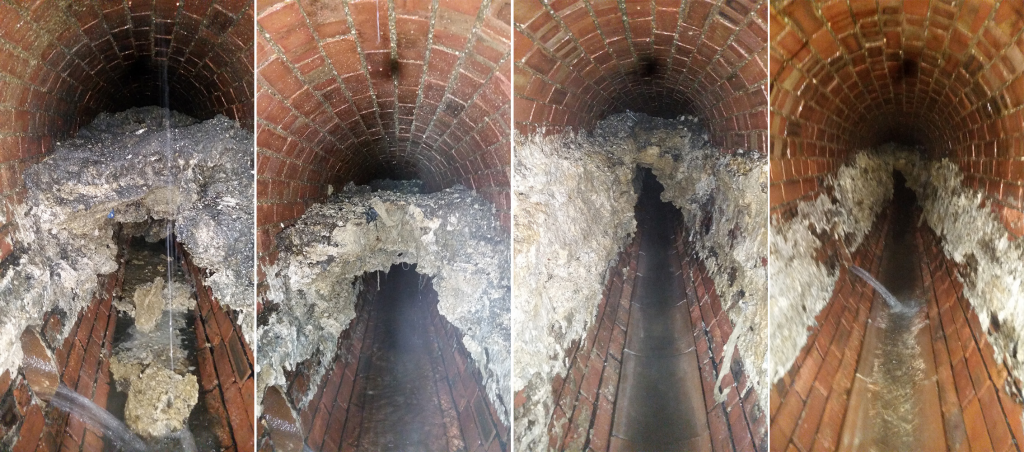

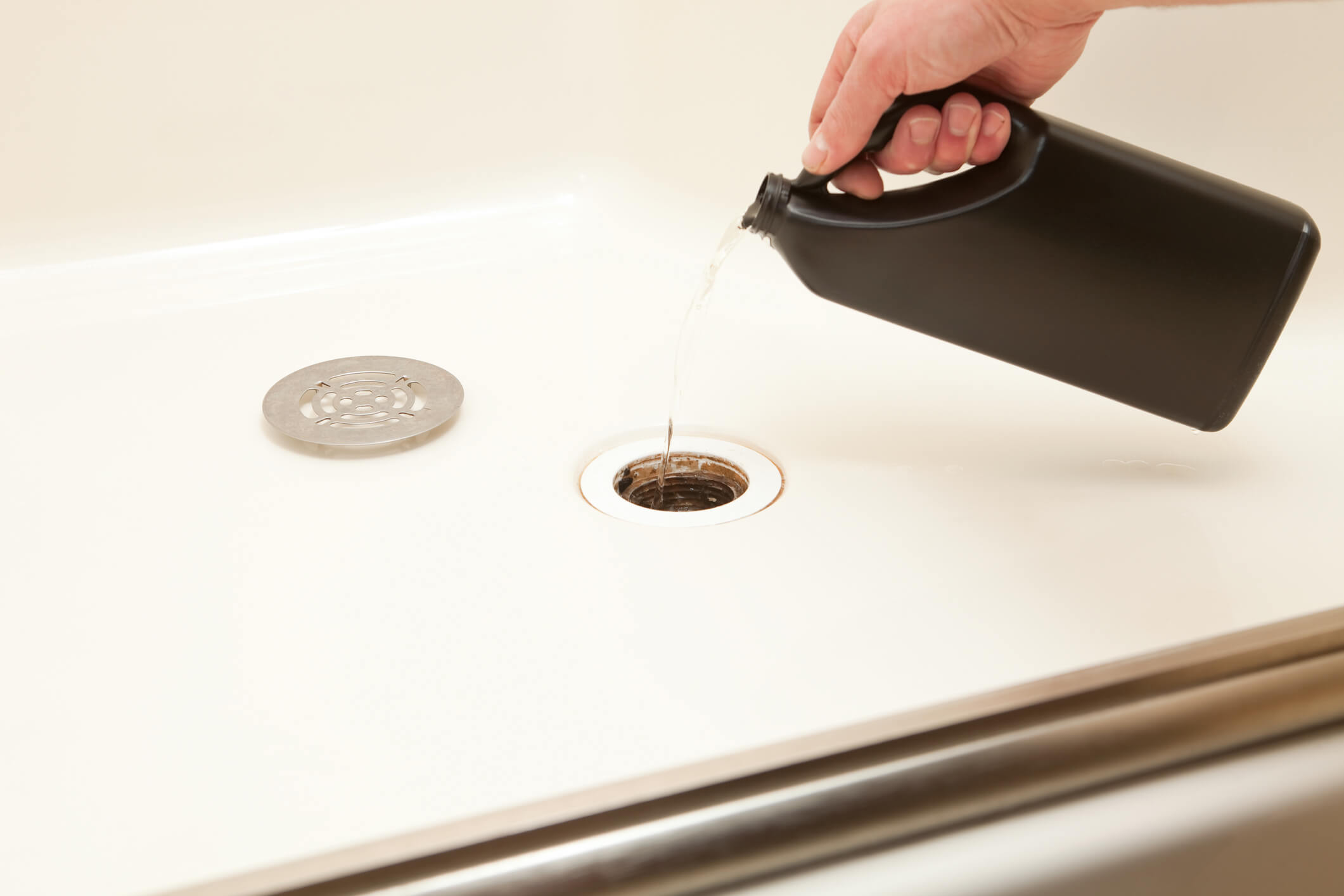
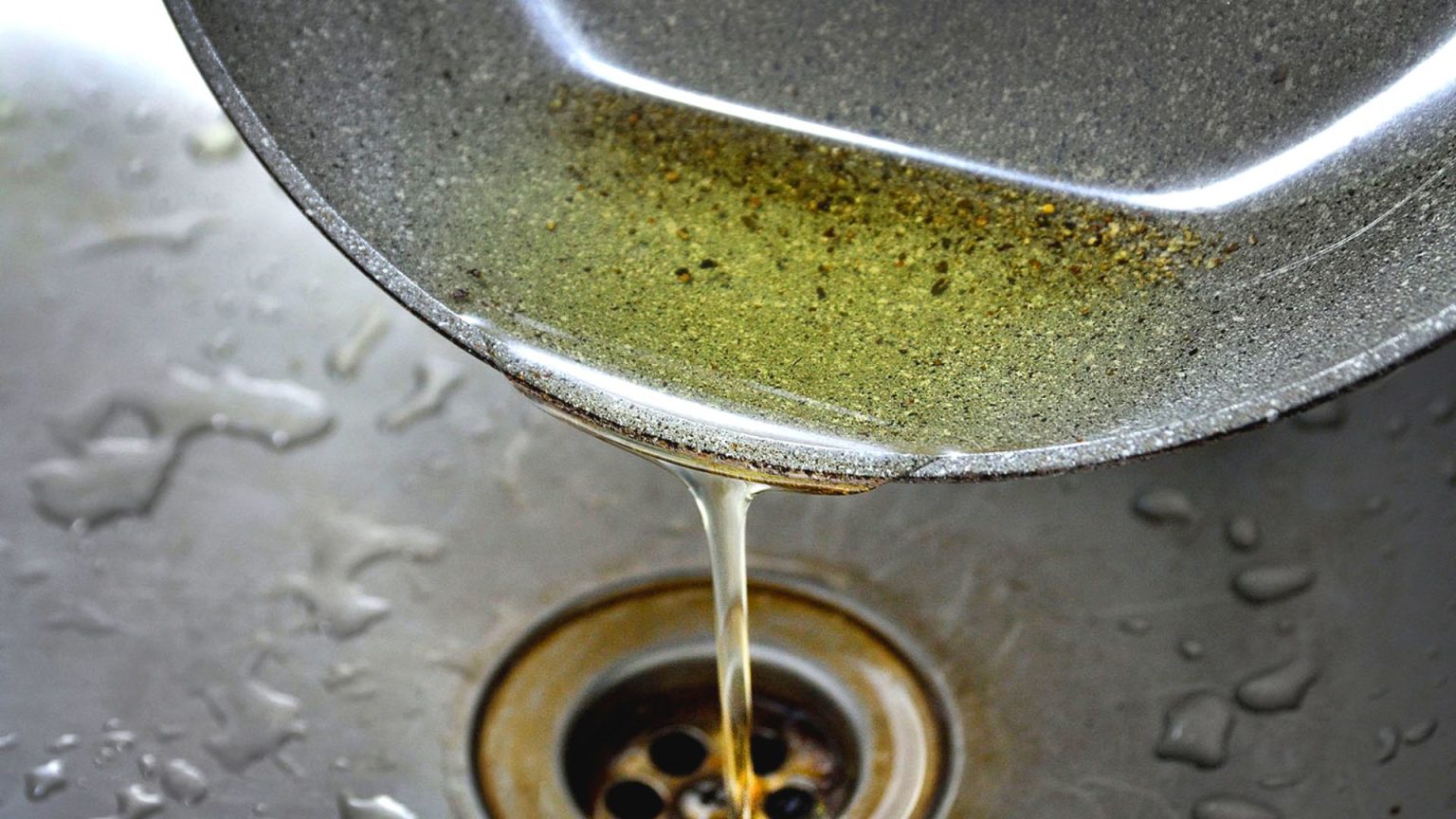

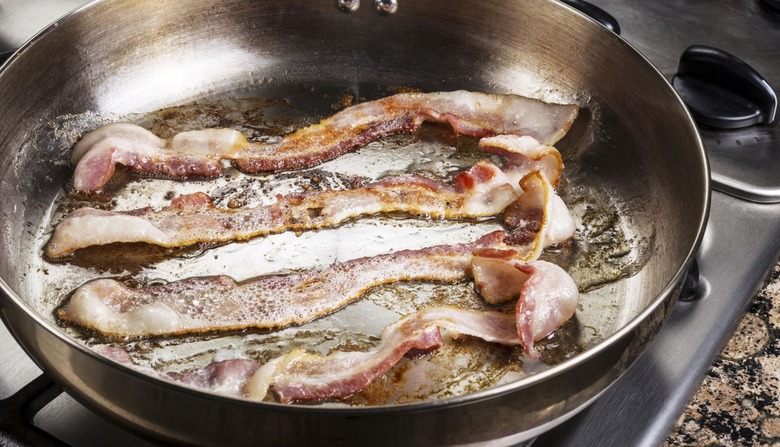





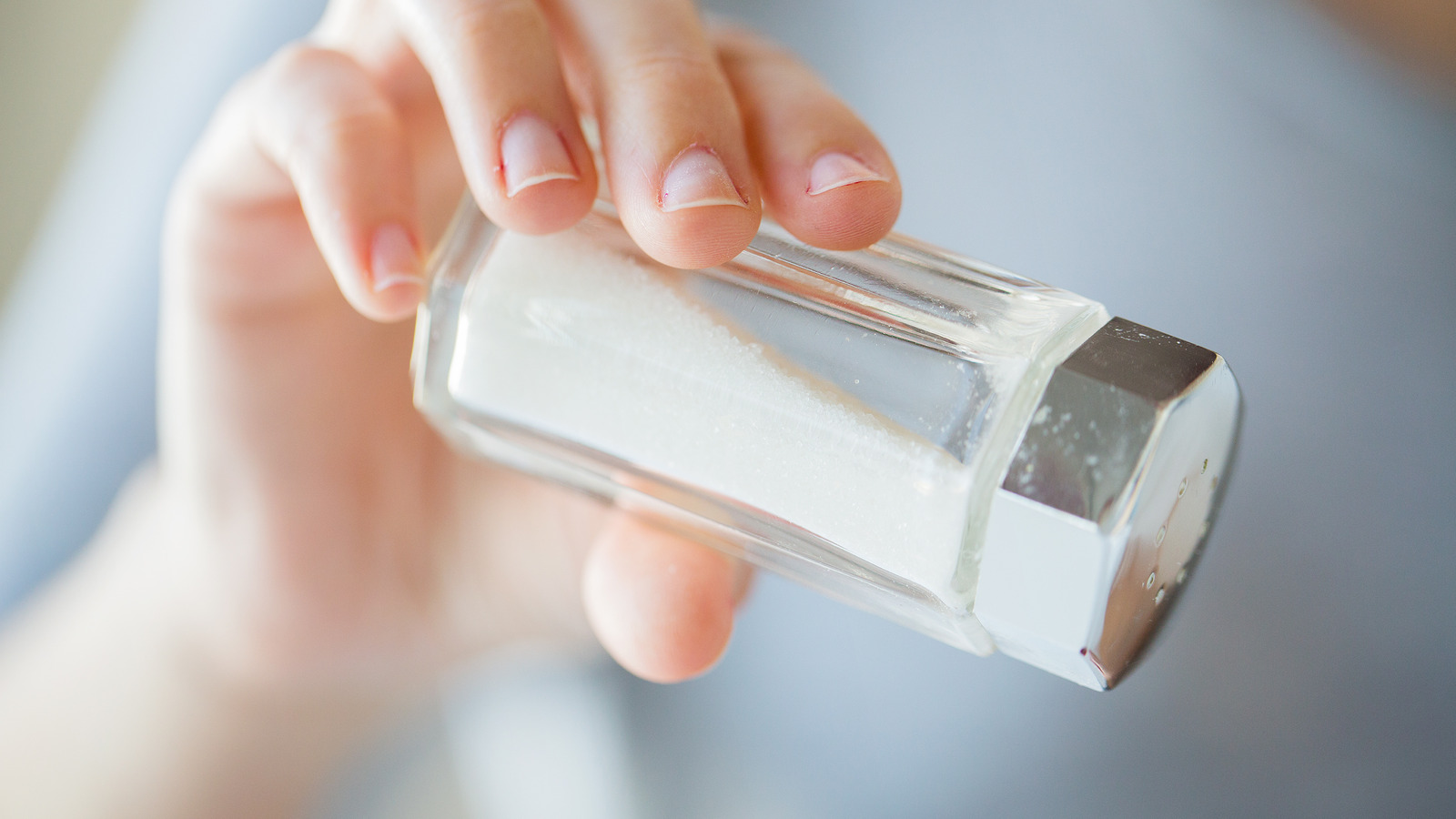
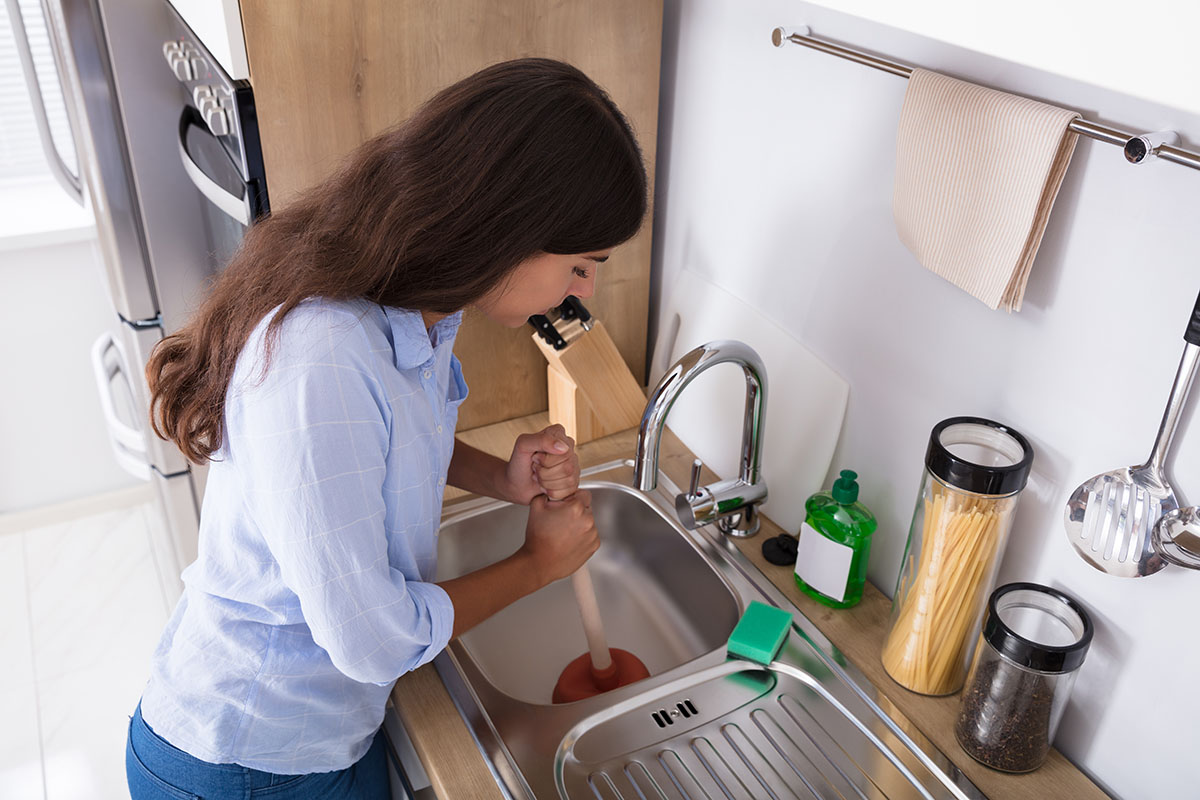

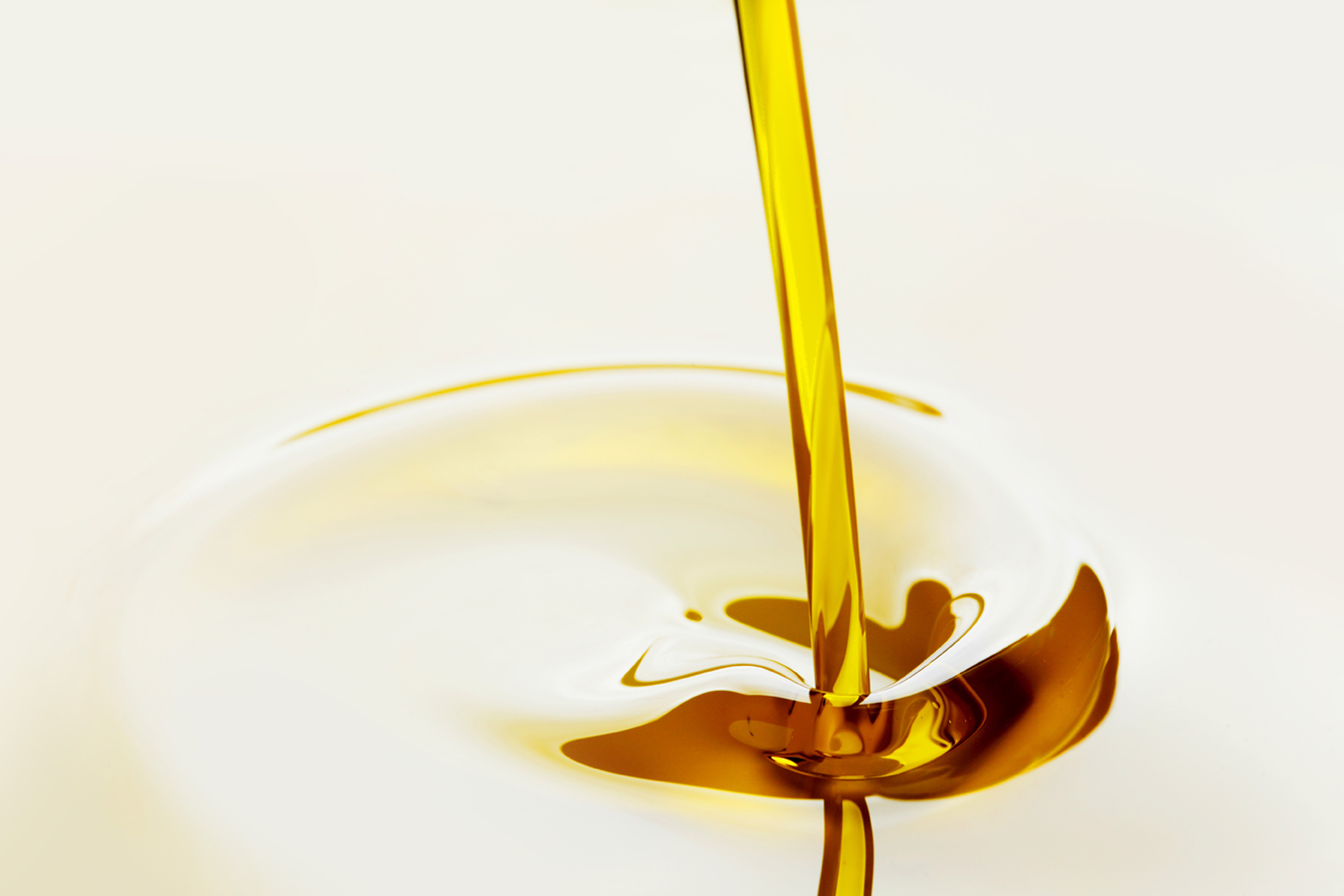




:max_bytes(150000):strip_icc()/freshen-and-unclog-drain-with-baking-soda-1900466-22-bbf940b70afa4d5abef0c54da23b1d3f.jpg)
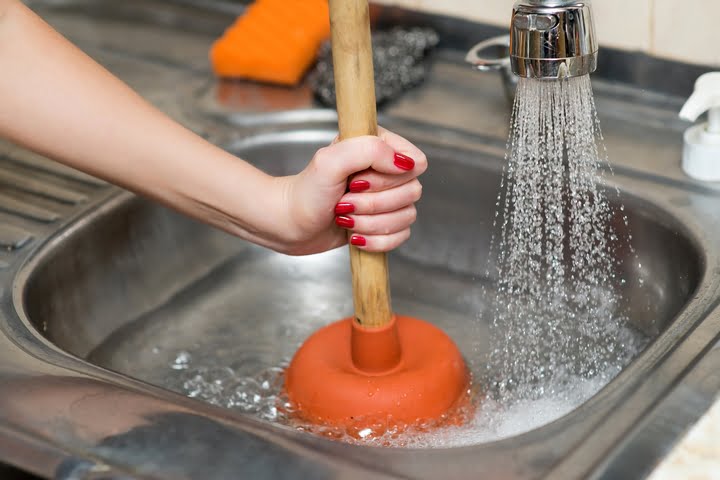
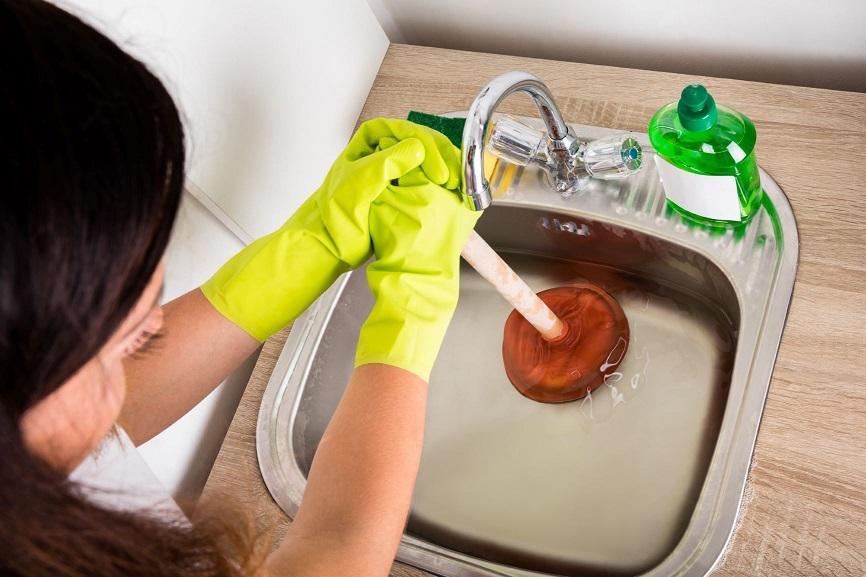

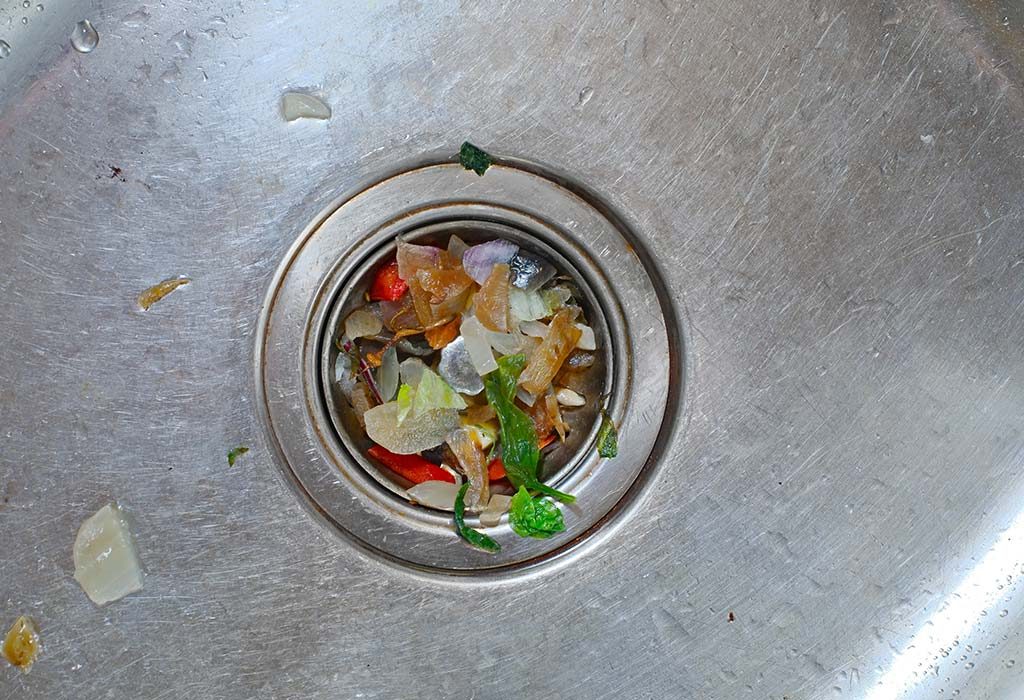
:max_bytes(150000):strip_icc()/how-to-unclog-a-kitchen-sink-2718799_sketch_FINAL-8c5caa805a69493ab22dfb537c72a1b7.png)

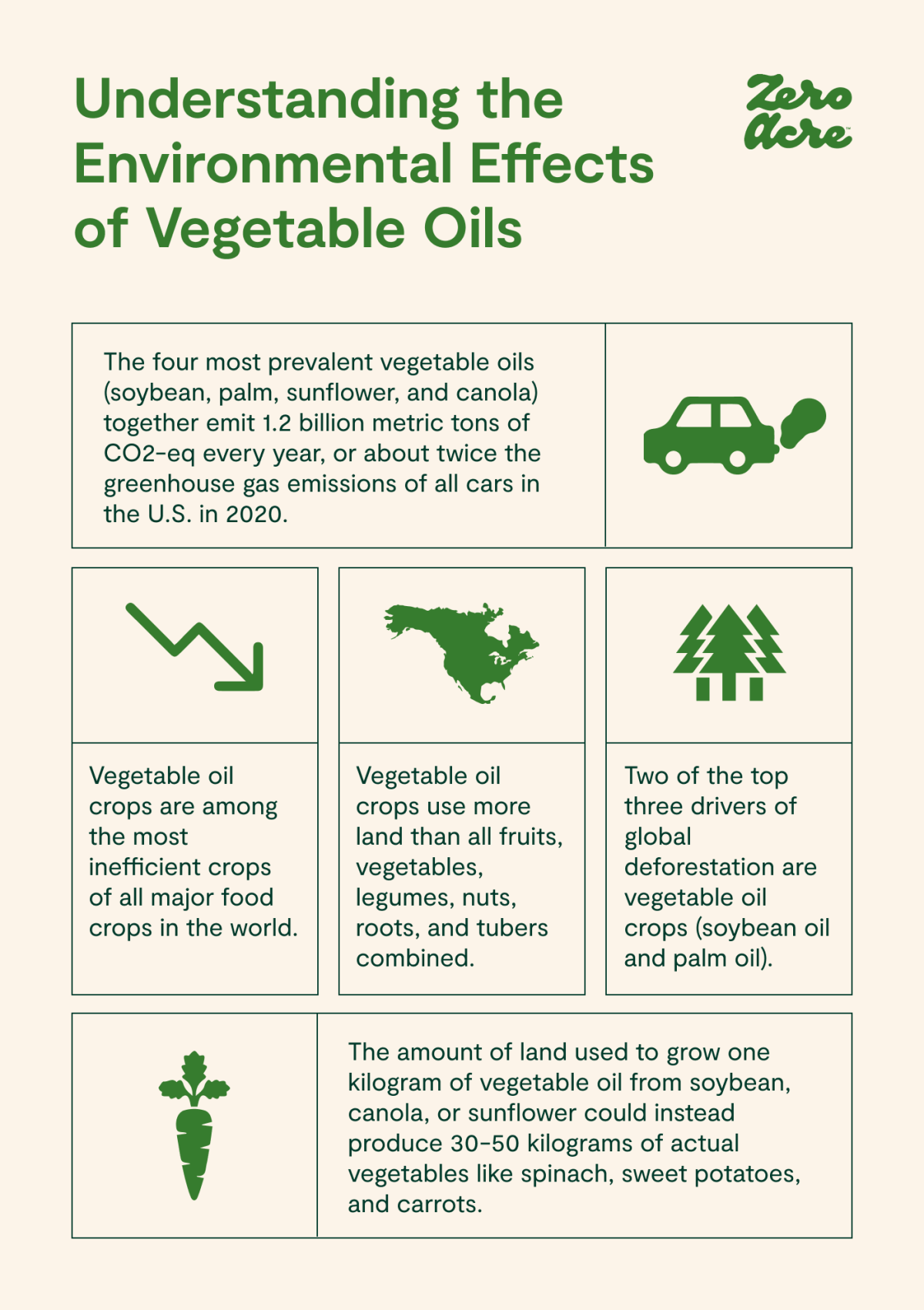



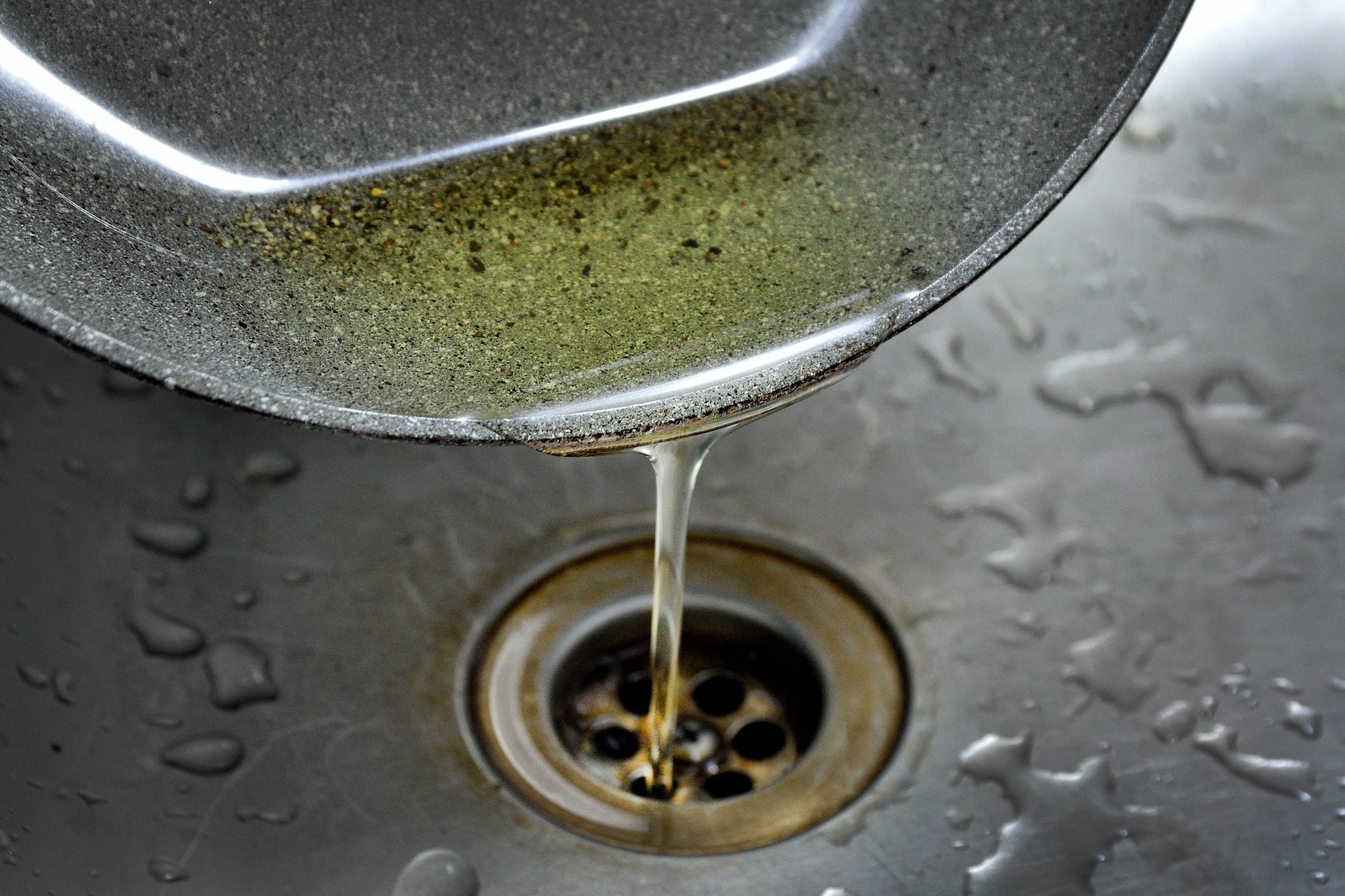



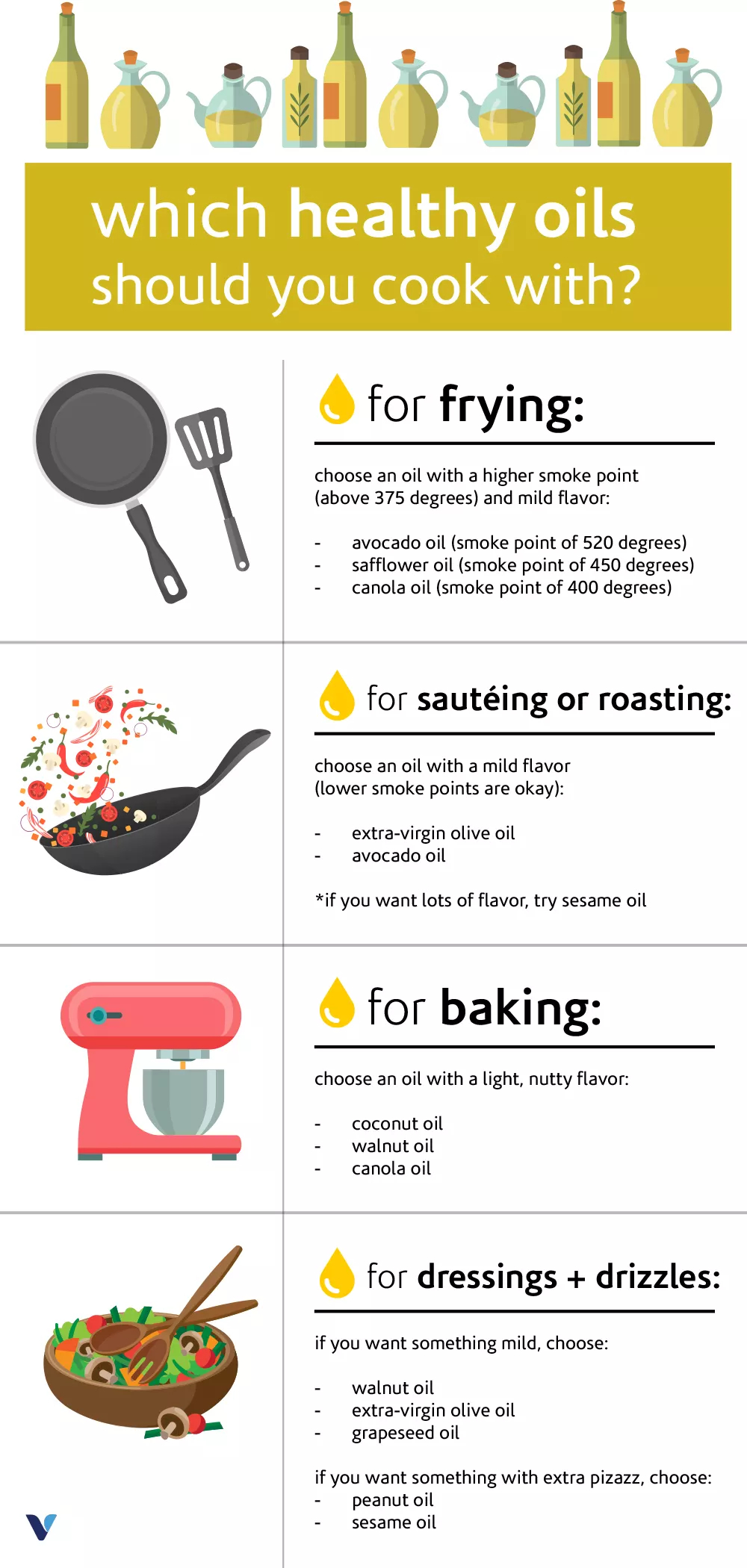
/GettyImages-887636042-472234aee95f416db3a9dd084d0c7fee.jpg)


